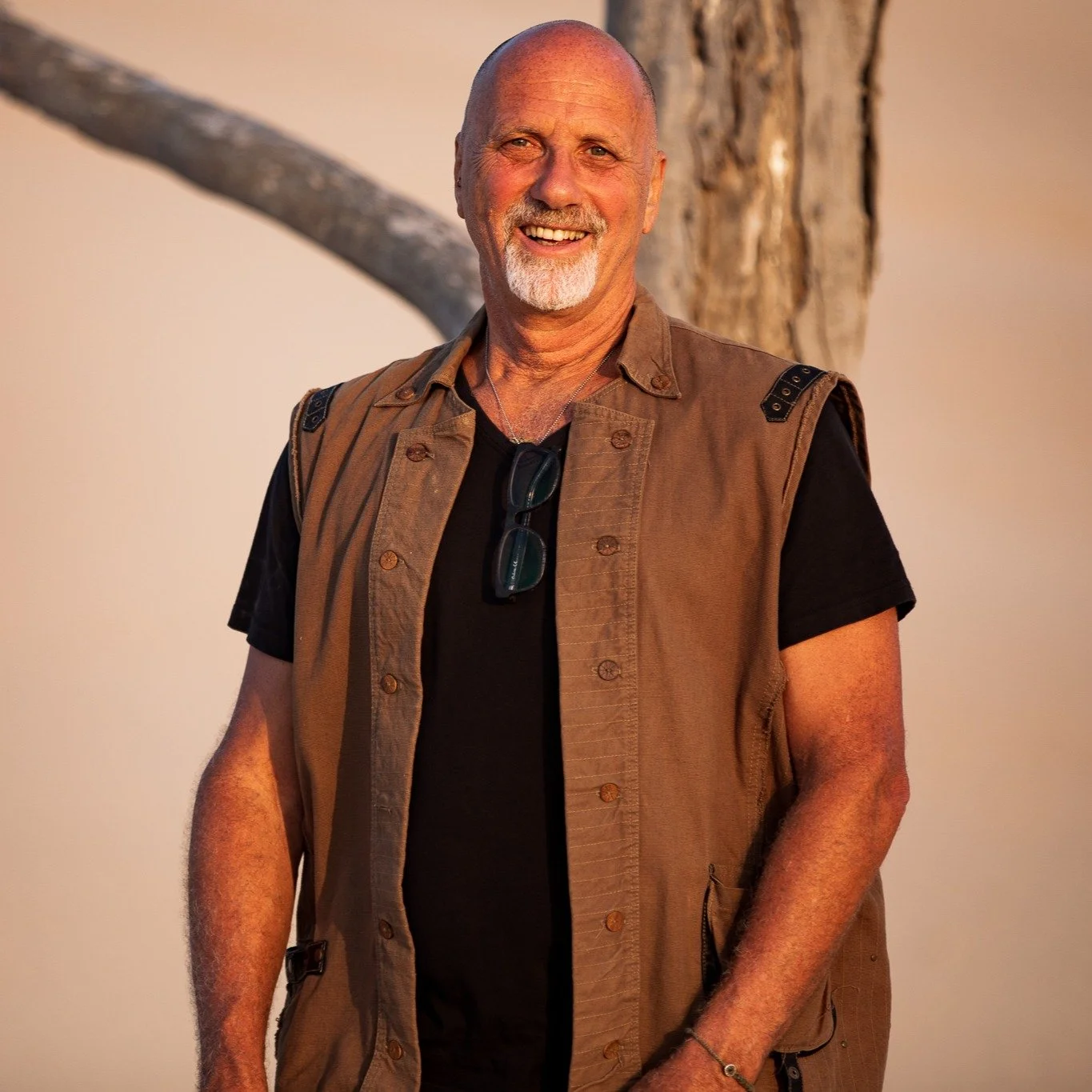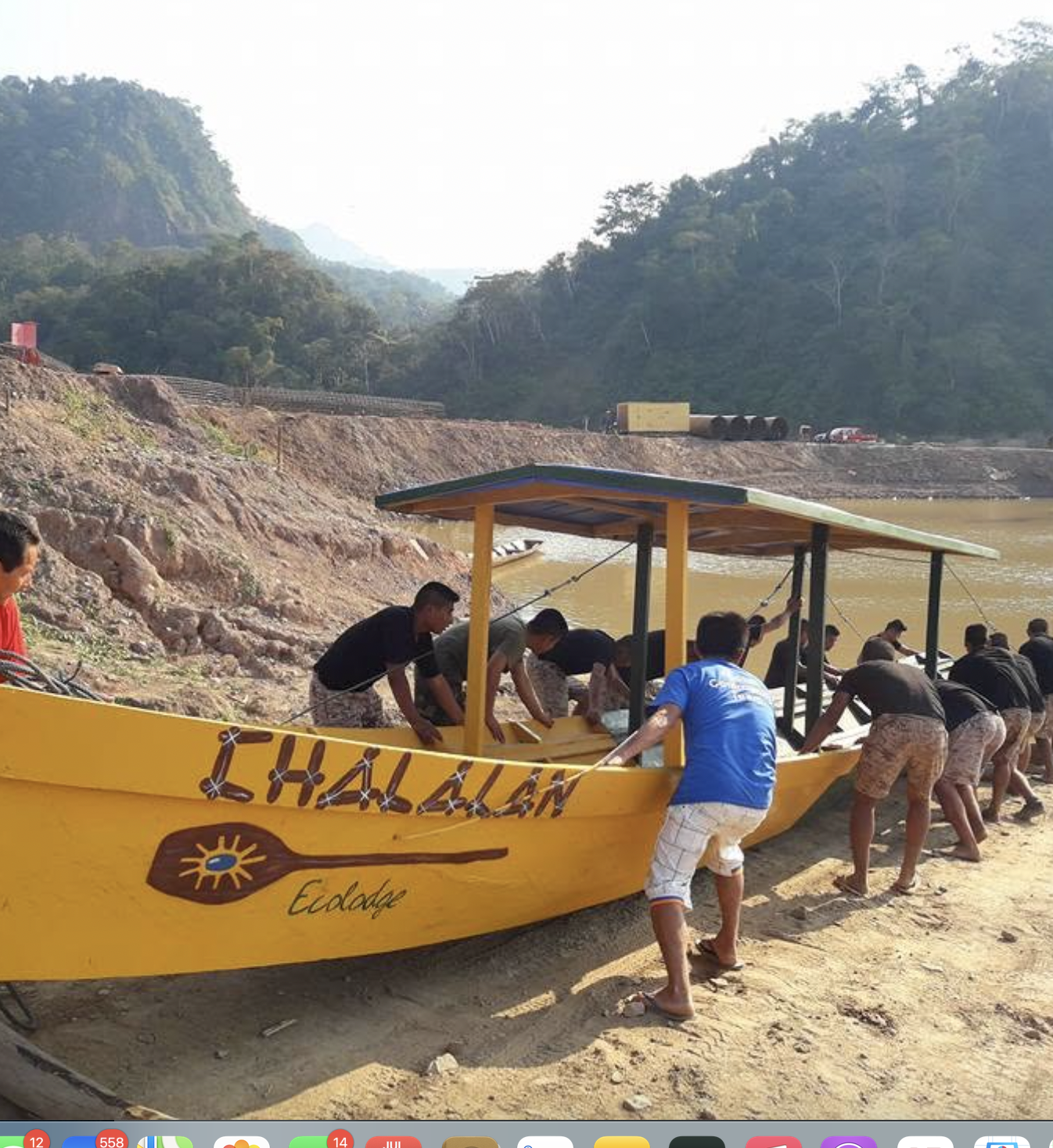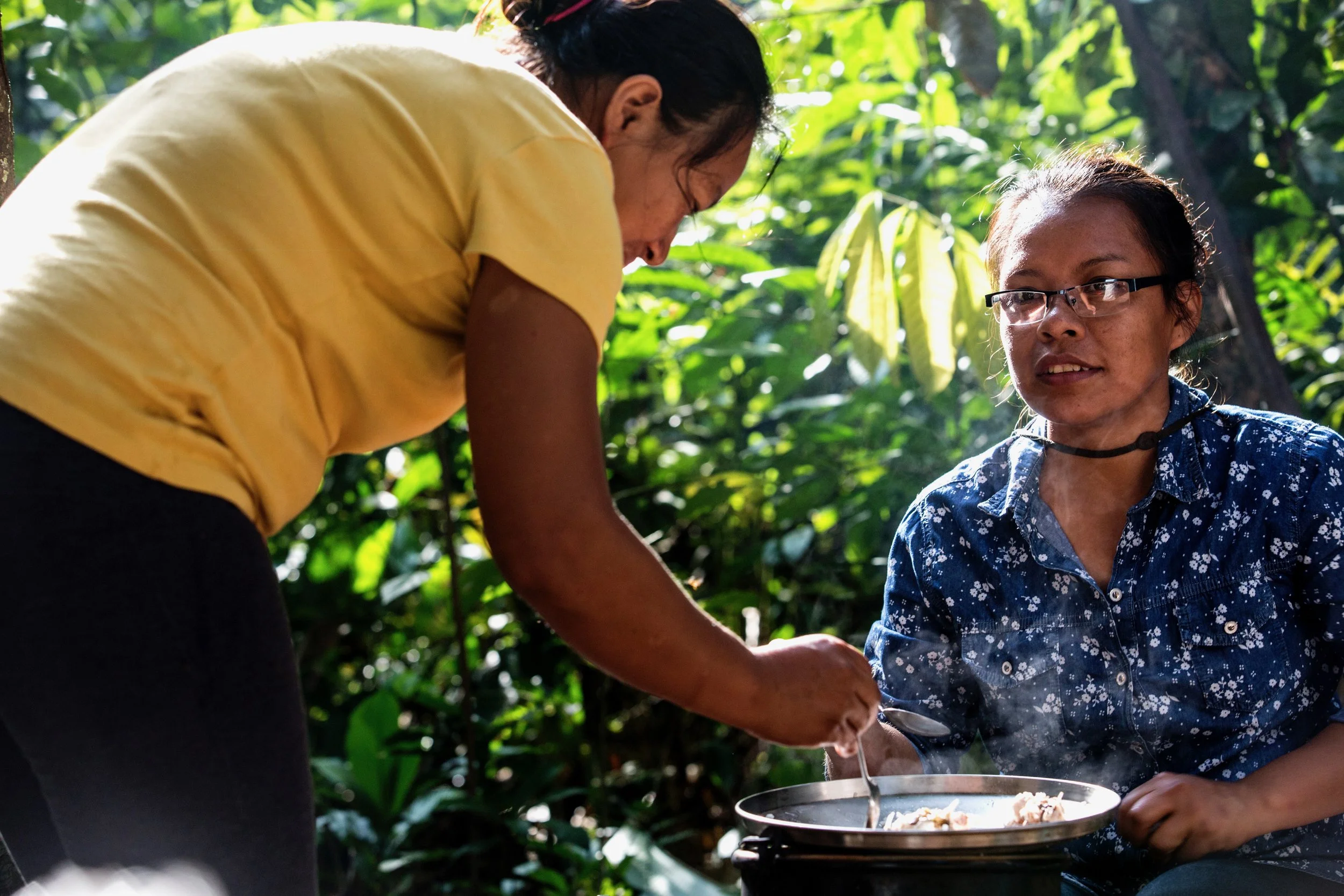An introduction to the Uchupiamona Nation
The Uchupiamona Nation, a Quechua-Tacana indigenous community of approximately 850 people, resides in San José de Uchupiamonas, a remote village along the Tuichi River in Bolivia’s Madidi National Park, the world’s most biodiverse protected area. Accessible only by a nine-hour boat ride from Rurrenabaque or a perilous 30-km land route, the Uchupiamona are the sole indigenous group living deep within the Madidi Jungle, stewarding 210,000 hectares of pristine rainforest. Their cultural heritage, conservation efforts, and ecotourism initiatives make them a global model for indigenous resilience.
History and Culture: Founded in 1616 by Franciscan priests and Chiquitano leader Marcelino Cusirimay, San José de Uchupiamonas was a “Taypi,” a mediation zone between the Andes and Amazon. Despite Spanish colonization’s challenges, including forced relocations to Apolobamba missions in the 17th century, the Uchupiamona preserved their identity. Their 400-year oral traditions, including tales of land connection and a ceremonial stick passed among leaders, reflect a deep bond with the rainforest. They share ancestral knowledge through storytelling, traditional fishing, and cultural displays like the “dunucuabi” dinner (catfish wrapped in leaves) with singing and dancing.
Conservation and Ecotourism: In 1992, facing youth migration due to poverty, the Uchupiamona, with ambassador Yossi Ghinsberg, launched Chalalan Ecolodge, the world’s first indigenous-run ecolodge. Opened in 1995 on Chalalán Lagoon, Chalalan employs local youth, preserves traditions, and funds community health and education. Managed by 74 Uchupiamona families, it has hosted luminaries like Brad Pitt, Harrison Ford, Leonardo DiCaprio, and the King of Sweden, transforming the Bolivian Amazon into a global ecotourism hub. Additional ventures like Madidi Jungle Ecolodge (2011), Sadiri Lodge, and others protect 34,000 hectares and employ educated youth, making the Uchupiamona Bolivia’s most educated indigenous group. As park rangers, they safeguard Madidi’s 1.895 million hectares, home to 5,535 plant species, 1,830 vertebrates, and 1,633 butterfly species, using sustainable practices like wild cacao harvesting and beekeeping.






